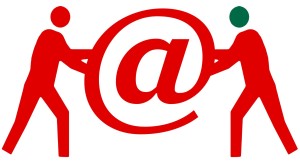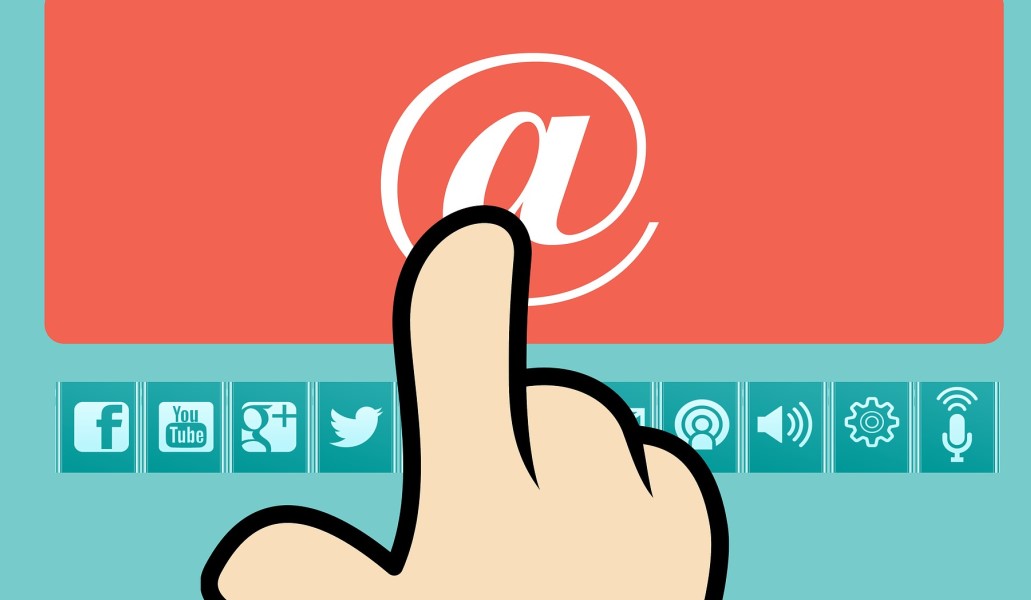Northampton and Northamptonshire today, and business emails
Nowadays companies use email to send emails regarding their products, new launches, discount offers, etcetera. Businesses use email to stay in contact with customers and suppliers. Forms use the same process to send emails.
Larger businesses will use email within the organisation. Email links and forms on websites make this the preferred method for business communication. It is quick and cheap, and there is a permanent record.
Collection of data through Email
Businesses like to collect data for many reasons. They use emails to send out detailed surveys, questionaries and forms. These usually ask for basic information which the business can use for marketing and promotion. Most people do not appreciate being asked for their private details, for security and privacy reasons.
If you see a form that asks for a lot of personal information and not just basic details. Stop. Use the phone.
Do not fill out that form, there is a high chance it is fraudulent, or could be used for extensive marketing. If a business requires additional information, they will contact you.
Data protection laws must be observed
Every business must observe the current data protection laws with regard to collection and storage of personal data. Publish a Privacy Policy document. Customer information must not be sold to any organisation. Strong penalties apply.
How do firms in Northamptonshire today use the information?
Basic security procedures must be followed. Ensuring the emails can only be seen by an authorised member of staff. This person must be trained in basic security, to protect the company. A data breach of a company, can raise questions of the company standards and protocol by the authorities.
Authorised staff could be a social media director, the IT department, sales, etc. Different email accounts may go to different parts of a business. All must understand the security and legal requirements. All computers should be individually password protected. Never accessible by unauthorised staff.
Emails, simple, effective and very dangerous
Many Northamptonshire businesses face the issue of spam or fraudulent emails every day. Certain emails could include a virus, and if opened, the virus will load into the system. Which makes it more vulnerable to hacking. Very important reasons why the person chosen to read and manage emails is correctly trained.
Email settings
There are many types of email programs, Outlook, Thunderbird, etc. The first line of defence against dangerous emails is to ensure the business website address starts with HTTPS://. This means the information sent and received has been done securely. It does not mean the attachments are safe.
Many small businesses and larger organisations, automatically reject an email if it is not already in the computer system. That could lead to a customer’s email never reaching the business. Check the “Spam and Junk” email boxes frequently to ensure an important email has not been missed.
Email security protection.

If the website address begins https://, that’s great.
The next steps are to install an anti-virus program, and a malware program and take regular system back-ups. Every business in Northampton today should follow basic security rules. There could be many companies unprepared for that next spam email. There are many solutions available, even free versions.
Useful Suggestions
Always ensure the main email account has an automatic reply service. This confirms to the customer the email has arrived. You might like the post covering this email subject.
We recommended that every business uses an email address associated with the website address. Publishing a Google address as the business email address, is very bad practice, and makes people trust the business far less.
Finally, in conclusion
Communicating with customers, suppliers and colleagues, using email and forms, is quick and convenient for business.
Individuals are now more likely to use social media, like Facebook, WhatsApp, Instagram to communicate with friends and other people. A lot more informal method of having a conversation.
